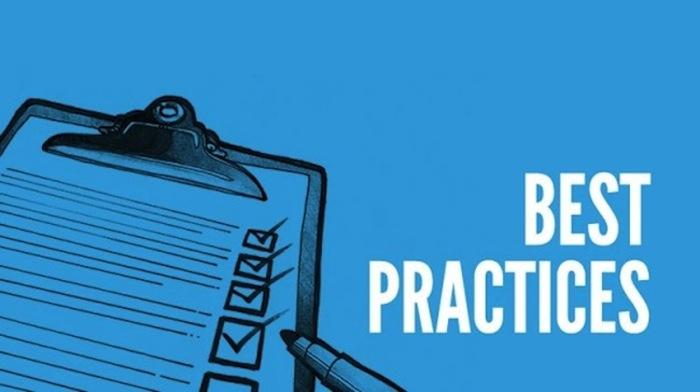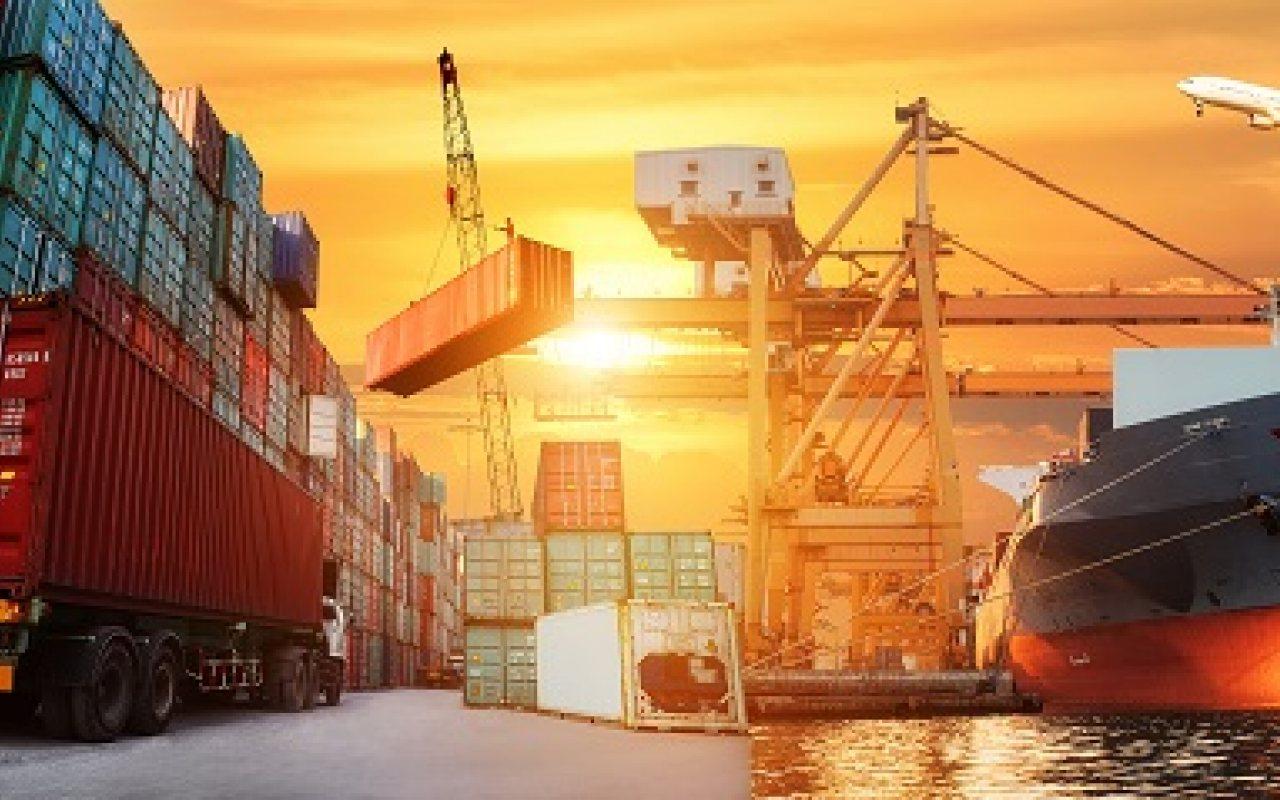In the intricate web of international trade, navigating the ins and outs of Denied Party Listing (DPL) regulations is a critical aspect of logistics, transport, and shipping. Understanding the complexities of DPL requirements is essential for companies looking to avoid costly penalties and maintain compliance standards. In this article, we will delve into the world of DPL logistics and explore the importance of staying on top of denied party lists to ensure smooth sailing in the global marketplace.
Understanding the Denied Party Listing (DPL) and its Implications in Logistics
The Denied Party Listing (DPL) is a crucial aspect of logistics, transport, and shipping operations. Understanding the implications of the DPL is essential for any company involved in international trade. The DPL is a list of individuals, companies, and entities that are prohibited from participating in export transactions due to concerns related to national security, foreign policy, or other regulatory reasons.
Failure to comply with the DPL can have serious consequences for businesses, including fines, penalties, and reputational damage. It is important for companies to regularly screen their partners, suppliers, and customers against the DPL to ensure compliance with export control regulations. By staying informed about the DPL and its implications, businesses can protect themselves from legal risks and maintain the integrity of their supply chain.

Best Practices for Handling Shipping Restrictions Related to Denied Parties
When it comes to handling shipping restrictions related to denied parties, it is crucial for businesses to adhere to best practices to ensure compliance and minimize the risk of penalties. One key practice is to regularly check and update your Denied Party Listing (DPL) to ensure that you are not conducting business with individuals or entities that are prohibited by law. This can help prevent potential violations and legal issues down the line.
Another important practice is to implement a thorough screening process for all shipping transactions to verify the parties involved and ensure that they are not on any denied party lists. Utilizing screening software or services can help automate this process and flag any red flags for further review. By taking these proactive measures, businesses can safeguard their operations and maintain a strong reputation in the global market.

Navigating the Complexities of Transporting Goods While Complying with DPL Regulations
When it comes to transporting goods while adhering to Denied Party Listing (DPL) regulations, the logistics can be incredibly complex. Navigating through the various restrictions and requirements can be a daunting task for any business involved in transport, shipping, or logistics. It’s crucial to stay up to date on the ever-changing regulations to ensure compliance and avoid severe penalties.
With the DPL regulations in place, businesses must carefully screen all parties involved in the transportation process to ensure they are not on the denied party list. This includes suppliers, carriers, and any other entities involved in the shipment. Utilizing advanced screening tools and software can help streamline this process and mitigate the risks of non-compliance. Additionally, maintaining thorough documentation and records of screenings is essential to demonstrate compliance in the event of an audit or investigation.

Key Considerations for Ensuring Smooth Shipping Operations Despite DPL Restrictions
Amidst the strict restrictions of Denied Party Listing (DPL), businesses involved in logistics, transport, and shipping must navigate carefully to ensure smooth operations. It is crucial to consider key factors that can help in complying with regulations while maintaining efficiency and timeliness in the supply chain.
Some important considerations to keep in mind include:
- Thorough DPL Screening: Regularly screen all parties involved in shipping operations against the DPL to avoid any violations.
- Effective Communication: Maintain open communication with all stakeholders to ensure transparency and compliance throughout the process.
- Alternative Routes: Have contingency plans in place to quickly adjust shipping routes in case of DPL restrictions in certain areas.
Future Outlook
As businesses navigate the intricate world of Denied Party Listings in the logistics, transport, and shipping industries, it is crucial for them to stay informed and compliant with regulations. By understanding the implications of DPLs and taking proactive steps to mitigate risks, companies can safeguard their operations and maintain a solid reputation in the global marketplace. Remember, when it comes to DPLs, knowledge is power. Stay vigilant, stay compliant, and keep your business on the right track.
